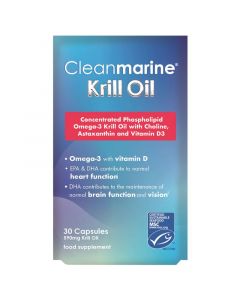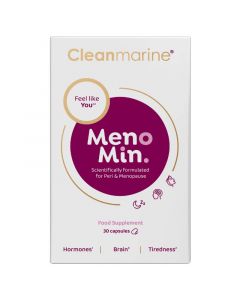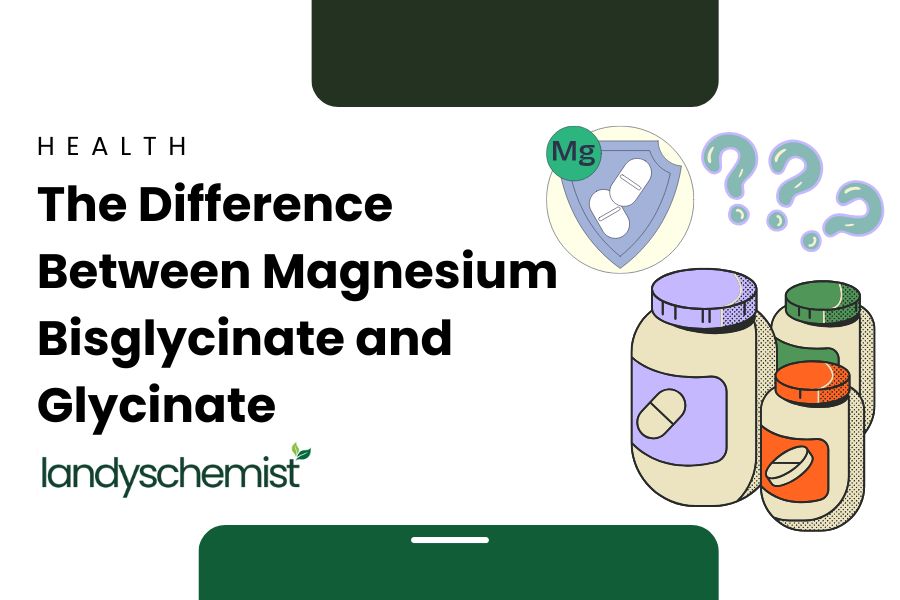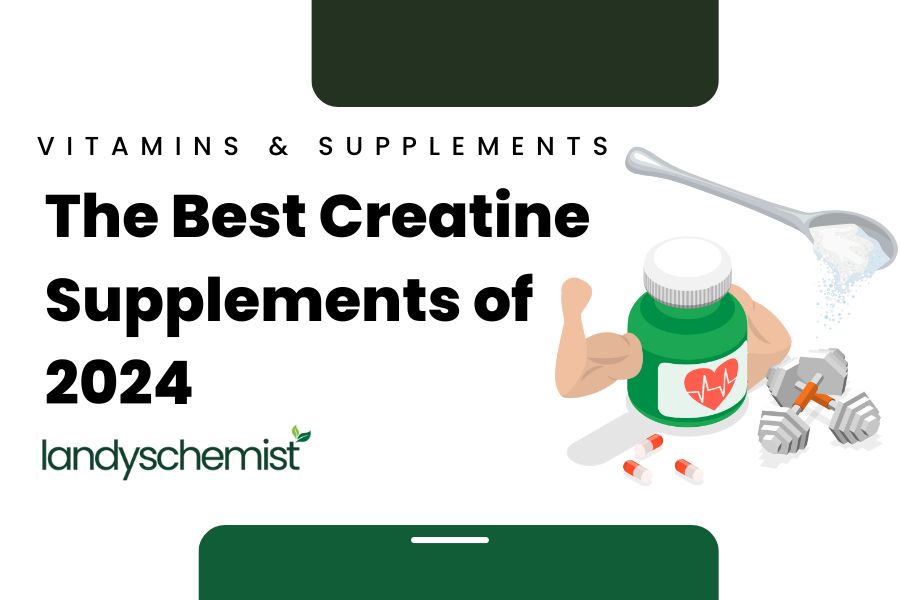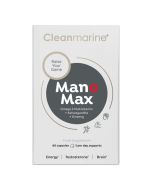
What are the health benefits of krill oil?
Krill oil has emerged as a compelling alternative to traditional fish oils, and it’s natural to wonder about its superiority. With a multitude of fish oil forms available, determining the best option for your health can be daunting. Our constant mission to boost well-being often leads us to explore these alternatives.
Krill oil is something that has been gaining attention. Derived from shrimp-like crustaceans, it is a powerhouse of omega-3 fatty acids, antioxidants, and essential nutrients. Krill oil has gained prominence to deliver a broad spectrum of health advantages, including cholesterol reduction, cognitive enhancement, and joint pain relief. From supporting cardiovascular health to enhancing cognitive function and more, the potential advantages of krill oil are as vast as the ocean itself!
Join us as we dive into the depths of krill oil’s potential and understand whether krill oil is the superior choice for your health needs.
What is Krill Oil?

Krill Oil is derived from krill which are small crustaceans which can reach up to 2 inches in length, that inhabit the world’s oceans. They play a vital role in marine ecosystems as a primary food source for key marine wildlife including whales, seals, and penguins. In fact, Krill is one of the largest biomass in the world, contributing significantly to the ocean’s intricate food web.
Krill Oil is a rich source of omega-3 fatty acids. These essential fatty acids are termed “essential” because our body cannot produce them on their own, and so must be obtained from dietary sources or supplements. Krill Oil is a source eicosapentaenoic acid (EPA) and docosahexaenoic acid (DHA), along with the antioxidant astaxanthin. These are known for their various benefits including providing energy to allow the body to function optimally, including your heart, lungs, and immune system.
What are Omega-3 fatty acids?
Omega-3 fatty acids are a group of polyunsaturated fatty acids which are essential for the proper functioning of the human body. They are crucial in the composition and function of cell membranes throughout the body. These healthy fats are important for a variety of physiological processes including lowering triglyceride levels, support cell signalling between cells provide the body with energy to function.
There are three main types of omega-3 fatty acids:
AHA: Alpha-linolenic acid which is found in plants.
DHA: Docosahexaenoic acid which is a marine omega-3 found in fish.
EPA: Eicosapentaenoic acid which is also a marine omega-3 found in fish.
Whilst AHA can be converted into EPA and subsequently into DHA, it is important to note that this conversion process produces only a limited quantity of EPA and DHA. Therefore, obtaining these vital compounds from dietary sources is essential for meeting our nutritional needs.
What is the difference between fish oils and Krill oil?
Distinguishing between fish oils and krill oil reveals several key differences. Krill oil boasts a higher phospholipid content compared to fish oils, enhancing the absorption of omega-3 fatty acids. Both Krill oil and fish oils are sources of eicosapentaenoic acid (EPA) and docosahexaenoic acid (DHA). Fish oils generally offer a higher total omega-3 content compared to krill oil. However, their bioavailability is lower, resulting in a similar effective quantity of EPA and DHA in both types of oils.
Krill oil emerges as a more readily absorbed source of omega-3 fatty acids, facilitating faster uptake than fish oils. Furthermore, krill oil is enriched with a distinctive antioxidant called astaxanthin, which not only promotes eye health but enhances blood flow.
It is worth noting that krill oil is often pricier than fish oils due to the more intricate manufacturing process. However, this cost is offset by the added benefits of astaxanthin, particularly in supporting heart health. Additionally, those who use krill oil supplements report fewer instances of experiencing a fishy aftertaste, a common issue associated with fish oil supplements.
Key Benefits of Krill Oil:

Cardiovascular Health
Studies show that krill oil is able to lower triglyceride levels in the blood and prevent them from getting too high. This is important as high triglyceride levels can contribute to an increased risk of a stroke, heart attack and heart disease due to thickening or hardening of the arteries.
Krill oils also has anti-inflammatory properties as well as containing the potent antioxidant astaxanthin which helps to reduce oxidative stress and protect the heart and blood vessels from becoming damaged.
Lower Cholesterol
Krill oil was also shown to raise levels of HDL (high-density lipoprotein) cholesterol, lower levels of low-density lipoprotein (LDL) and decrease the markers of inflammation. High levels of LDL cholesterol are a risk factor for heart disease, and so reducing inflammation and levels of “bad” cholesterol can potentially prevent the development of atherosclerosis (narrowing of the arteries).
Joint Pain and Arthritis
Krill oil has been shown to ease pain and swelling associated with arthritis and joints. The anti-inflammatory properties of the omega-3 fatty acids along with the antioxidant astaxanthin reduces markers of inflammation which can help reduce stiffness, swelling and pain.
Brain Health
Krill oil has a rich DHA and EPA content which plays a crucial role in maintaining integrity and fluidity of cell membranes in the brain, which is essential for optimal cognitive function, memory, and focus. The antioxidant, neuroprotective effects also help to safeguard the brain cells from inflammation and oxidative stress which can be associated with neurodegenerative conditions.
Eye Health
DHA content within krill oil is important in the retina, which is responsible for central vision. DHA is associated with maintaining eye health and reducing the risk of age-related macular degeneration which can lead to vision loss. Astaxanthin within krill oil helps to shield the retina and other eye tissues from oxidative damage and stress which can reduce the risk of eye conditions such as cataracts.
PMS and Menopausal symptoms
Krill oil can help decrease period pain and symptoms of premenstrual syndrome (PMS). The anti-inflammatory properties help to alleviate bloating, inflammation and pain associated with PMS, helping to manage the severity of cramps and pelvic pain. EPA may also help to stabilise mood and reduce symptoms of depression and anxiety that can occur in menopause.
Should you take krill oil?
Krill oil, rich in essential EPA and DHA fatty acids, offer potential benefits for various health concerns, but whether it is suitable for you depends on your individual circumstances.
Krill oil, with its EPA and DHA content can support the healthy development of your baby during pregnancy and breastfeeding. However, it Is important to consult with a healthcare professional to determine it’s appropriate for your specific needs before you start taking it.
EPA and DHA supplements may help reduce the risk of age-related cognitive decline and cognitive disorders, so if you are not including seafood in your diet, krill oil can be a valuable source of these essential fatty acids.
Whilst krill oil is generally safe, it is crucial to be aware of potential interactions with other medications. Omega-3 fatty acids can affect platelet aggregation, so you should consult with a healthcare professional on combining these with blood thinning medication. If you also have seafood allergies or high triglyceride levels, consult with your healthcare provider before using krill oil.
If you have any questions, our team at Landy’s Chemist is here to help!
How to take Krill Oil
It is simple and easy to add krill oil into your supplement routine. They are widely available as capsules, and do not typically contain a fishy aftertaste like traditional fish oils.
The European Food Safety Authority state that the typical recommended intake of DHA and EPA for European adults is 250-500mg a day. It is not recommended to exceed 5000mg of EPA and DHA a day either.
Are there side effects with krill oil?
Common side effects can include nausea, stomach upset, diarrhoea and vomiting. If you are experiencing discomfort, allergic reaction or adverse side effects it is important to call a medical professional.
Summary:
- Krill oil is derived from small crustaceans called krill, rich in omega-3 fatty acids (EPA and DHA), and astaxanthin.
- Krill oils differ from fish oils in its higher phospholipid content, enhanced absorption of omega-3 fatty acids and the presence of astaxanthin, providing similar effective quantities of EPA and DHA.
- Krill oil offers benefits for cardiovascular health, cholesterol management, joint pain, brain health, eye health, and managing PMS and menopausal symptoms due to its rich content of omega-3 fatty acids and astaxanthin.
Product Recommendations:
This formula contains 590mg of concentrated, high-strenngth omega-3 Krill Oil which provides essential fatty acids for the normal function of the heart, brain and vision. These capsules are gluten-free, sugar-free and halal certified.
Each capsule is packed with super absorbing omega-3 phospholipids plus folate, biotin, B vitamins and Soy Isoflavones. This helps to support women going through peri-menopause and menopause, to contribute to the regulation of hormonal activity and overall well-being.
By Saarah Mengrani, Marketing Coordinator at Landys Chemist, MSc Biotechnology

